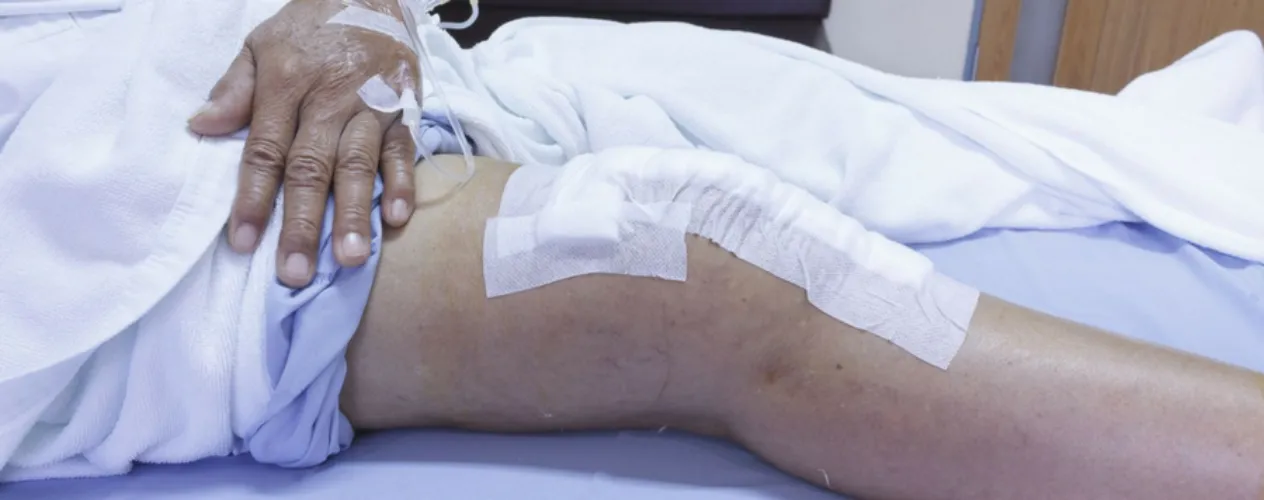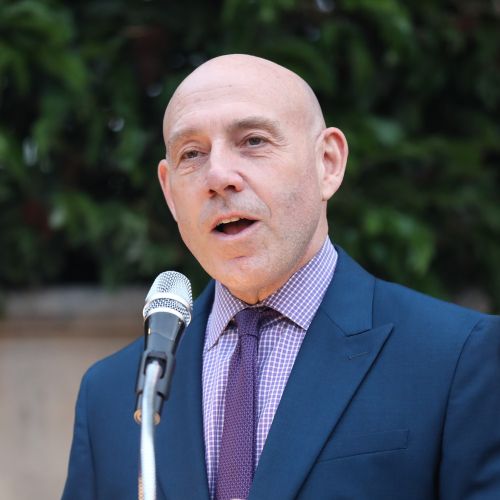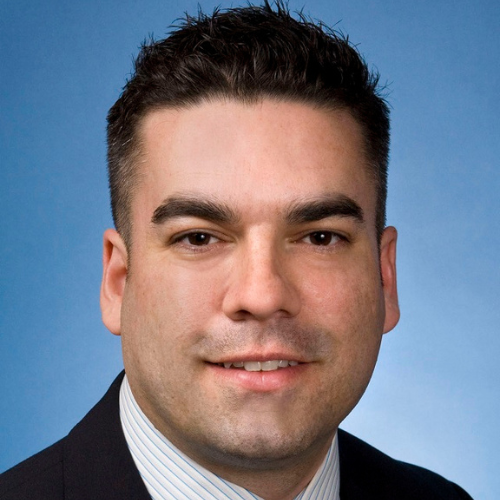Nation’s medical costs for hip and knee replacements could be reduced, saving billions every year
Elective hip and knee replacements may represent a significant source of potentially controllable healthcare spending.

Elective hip and knee replacements may represent a significant source of potentially controllable healthcare spending, according to a March 13 Viewpoint article published in the Journal of the American Medical Association (JAMA) and authored by members of the Center for Health Advancement at the UCLA Fielding School of Public Health (FSPH).
According to the Agency for Healthcare Research and Quality, in 2014, approximately 505,000 hip replacements and 723,000 knee replacements were performed in the U.S., representing a cost of more than $20 billion. And hip and knee replacements in the U.S. have increased substantially, according to the most recent data report from the Organization for Economic Co-operation and Development.
“With the U.S. currently spending nearly 18% of its gross domestic product on medical care, almost twice as much as other high-income countries, we need to look at every opportunity to reduce costs from services that may be over-utilized. Elective joint replacements could represent an area for significant savings,” said co-author Jonathan Fielding, MD, MPH, MA, MBA, Distinguished Professor at the Fielding School of Public Health and the David Geffen School of Medicine at UCLA, and founder and co-director of the Center for Health Advancement.
The article includes several recommendations for reducing costs associated with hip and knee replacements, including:
- Creating decisions aids to educate patients about alternatives and risks to help them possibly delay or avoid unnecessary procedures.
- Capping payments for hip and knee replacements in order to reduce variation.
- Providing hospitals and other purchasers with price information to help them to make cost-effective decisions.
- Encouraging orthopedic surgeons to perform hip and knee procedures in outpatient settings when appropriate.
“Avoiding inappropriate procedures and controlling device and surgical costs could possibly save the U.S. healthcare system over $17 billion annually,” said co-author Steven Teutsch, MD, MPH, adjunct professor at UCLA FSPH and collaborator with the Center for Health Advancement.
Vanessa Lam, BA, a graduate student in the Fielding School’s Department of Health Policy and Management and the UCLA Luskin School of Public Affairs, also co-authored the report.
The Center for Health Advancement at the UCLA Fielding School of Public Health provides evidence-based information and enhanced analysis to help policy makers decide which policies and programs can best improve health and reduce health disparities. Involving experts from the Fielding School of Public Health and across UCLA, the center brings together expertise in public health and medicine, but also in other sectors, such as education, transportation, housing, community planning, agriculture, and economics. The center also provides public training and technical assistance to facilitate effective implementation of its recommendations.
The UCLA Fielding School of Public Health, founded in 1961, is dedicated to enhancing the public's health by conducting innovative research, training future leaders and health professionals from diverse backgrounds, translating research into policy and practice, and serving our local communities and the communities of the nation and the world. The school has 650 students from more than 35 nations engaged in carrying out the vision of building healthy futures in greater Los Angeles, California, the nation and the world.
Faculty Referenced by this Article
Nationally recognized health services researcher and sociomedical scientist with 25+ years' experience in effectiveness and implementation research.

Professor of Community Health Sciences & Health Policy and Management, and Associate Dean for Research

Dr. Ron Andersen is the Wasserman Professor Emeritus in the UCLA Departments of Health Policy and Management.

Dr. Michelle S. Keller is a health services researcher whose research focuses on the use and prescribing of high-risk medications.

EMPH Academic Program Director with expertise in healthcare marketing, finance, and reproductive health policy, teaching in the EMPH, MPH, MHA program








































































